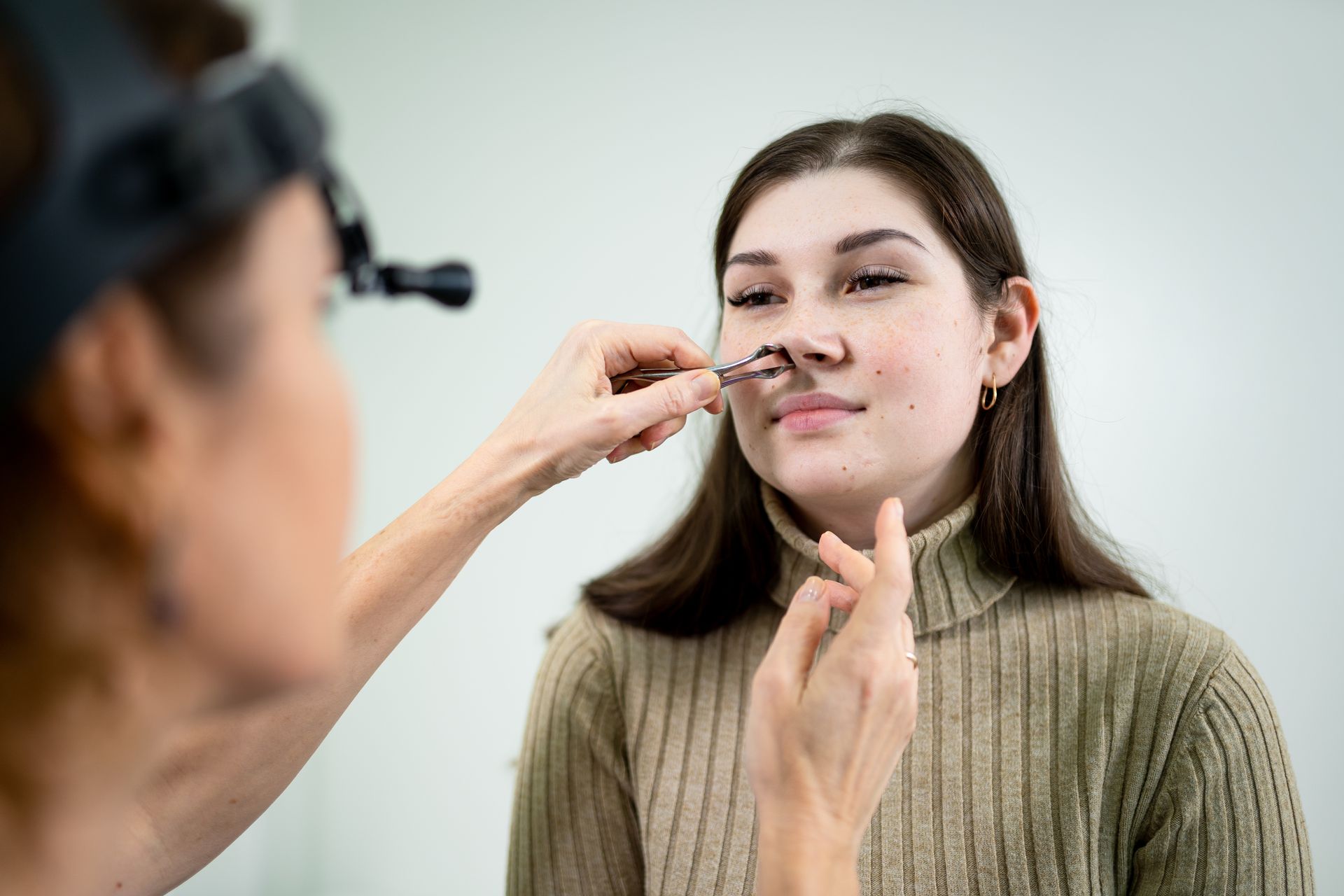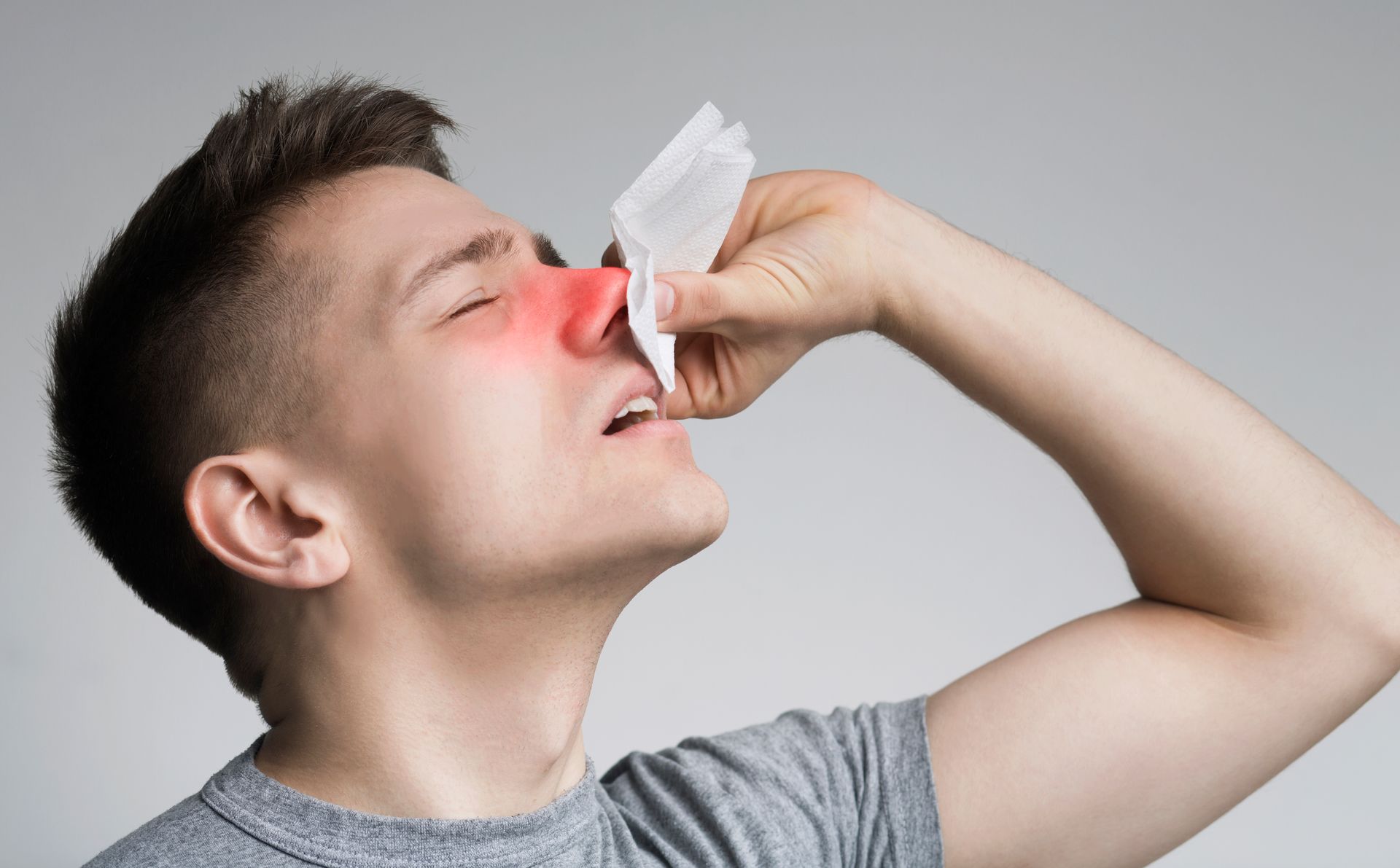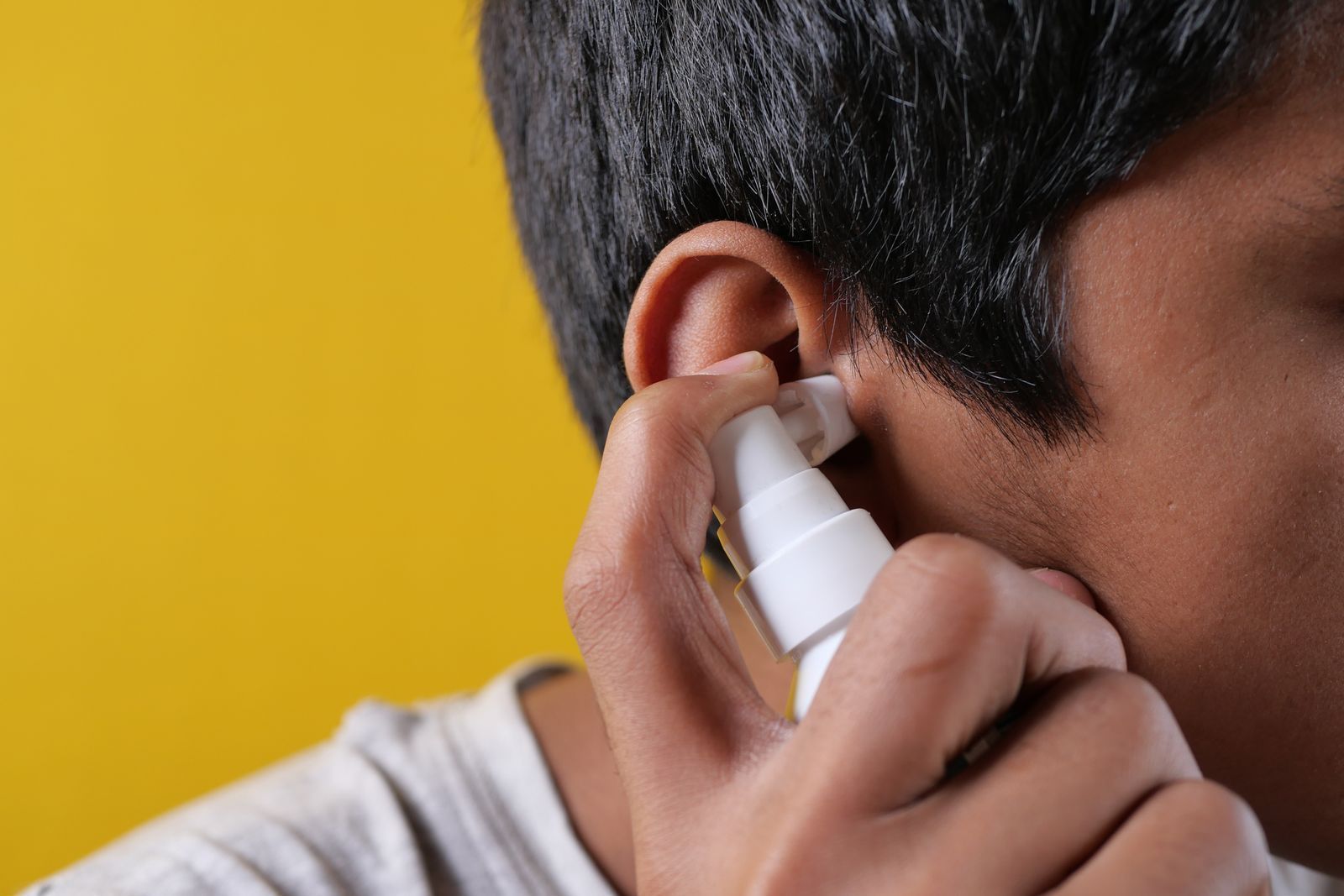Where are the Salivary Glands Located?
Have you ever wondered where the glands responsible for saliva production are located? Read on and learn the secret hiding spots of the salivary glands.
Overview of the Salivary Glands
Salivary glands are a group of exocrine glands responsible for producing and secreting saliva. This clear fluid aids in chewing, swallowing, digestion and in maintaining oral health.
Salivary glands serve several important functions, including:
- Oral health: Saliva helps in preventing tooth decay and gum disease by washing away food particles and neutralizing harmful acids. It also aids in the process of remineralizing teeth and maintaining a balanced pH level in the mouth.
- Digestion: Saliva contains enzymes that initiate the process of digestion by breaking down food particles. It helps in lubricating and moistening the food, making it easier to swallow.
- Speech and taste: Adequate salivary flow is crucial for clear speech and experiencing the full range of taste sensations.
- Prevention of dry mouth: Dry mouth can lead to discomfort, difficulty in chewing and swallowing, bad breath, and an increased risk of oral health problems. Maintaining healthy salivary glands helps in preventing dry mouth.
Location of the Salivary Glands
The human body contains several salivary glands that play a vital role in producing saliva, which aids in digestion and keeps the mouth moist.
Major Salivary Glands
There are three major salivary glands in our bodies:
1. Parotid Glands
The parotid glands are the largest of the salivary glands. They are located in the cheek on each side of the face, just below and in front of the ears. These glands produce a significant amount of our watery saliva.
2. Submandibular Glands
Situated beneath the lower jawbone, known as the mandible, the submandibular glands are found on either side of the mouth. They secrete a combination of watery and mucous saliva.
3. Sublingual Glands
The sublingual glands are the smallest among the major salivary glands. They are positioned beneath the tongue and produce thick, mucous saliva.
Minor Salivary Glands
In addition to the major salivary glands, there are numerous minor salivary glands scattered throughout the mouth and throat. These smaller glands are found in various regions such as the lips, cheeks, palate, and throat. Although less prominent than the major glands, they also contribute to saliva production.
Clinical Significance
Understanding the locations of salivary glands helps in diagnosing and treating various oral conditions. Healthcare professionals rely on this knowledge to identify potential issues within these glands. Some common conditions associated with salivary glands include:
- Salivary Stones (Sialolithiasis): These calcified deposits can form in any salivary gland or their ducts, obstructing saliva flow and causing pain, swelling, and infection.
- Salivary Gland Infections (Sialadenitis): Infections affecting one or more salivary glands can occur due to bacterial infections when saliva flow is hindered.
Conclusion
Salivary glands are essential for maintaining oral health and aiding in digestion. The major salivary glands—the parotid, submandibular, and sublingual glands—along with minor salivary glands collectively contribute to saliva production. Their strategic locations within our bodies ensure optimal functioning. Understanding their whereabouts helps healthcare professionals diagnose and treat various conditions related to these glands. So next time you appreciate your ability to chew, swallow, or speak comfortably, remember to thank your salivary glands for their invaluable contributions!
If you are currently experiencing issues or have inquiries regarding salivary glands, we recommend reaching out to the knowledgeable professionals at Kentuckiana ENT, a division of ENT Care Centers. Our team of experts is dedicated to addressing your concerns, providing accurate information, and offering appropriate assessments for your condition. You can reach us at 502-894-8441 or conveniently book an appointment through our website. Our specialists are ready to assist you in finding the best possible solutions for your salivary gland concerns.













